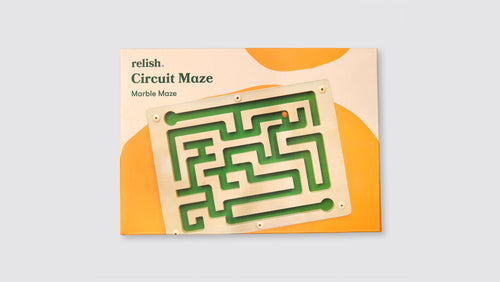In many health studies, caffeine is often portrayed in a negative light; it can have negative effects on many things such as sleep and diet. However, for many years experts have been looking into the possible benefits of coffee and the link between coffee and dementia.
There have been studies which show that caffeine could in fact delay the onset of dementia and even slow down the progress in those already living with dementia. Studies are still ongoing into the relationship between coffee and dementia, but so far have yielded some interesting results. Here we will cover just some of the ways caffeine can affect someone living with dementia.
Boosting Brain Function
Caffeine is a stimulant, so it is not surprising that it does have the ability to improve brain function. Studies have been conducted which assess how coffee impacts brain function and they have suggested that the right amount of coffee can actually improve brain function and memory. It is also noted, however, that too much caffeine can have negative effects resulting in anxiety and headaches. Studies are still ongoing into the links between how coffee can improve brain function for those living with dementia.
Hypoxia
Hypoxia occurs when the brain is starved of oxygen; research has been conducted to look into how caffeine can affect the response. When hypoxia occurs, it sends the brain cells into a panic which is similar to what can be seen in those living with dementia. It triggers the release of certain chemicals which lead to an inflammation of the brain. It has been shown that in relation to hypoxia caffeine interferes with the chemical process by blocking the cells ability to recognise it, which in turn reduces the extent of the inflammation. Studies are still ongoing to determine how this can be linked to dementia.
Delaying the Onset of Dementia
Research has been done which suggests that coffee can delay the onset of dementia due to its ability to block inflammation in the brain which in turn prevents cognitive decline. Research is still required in this area to confirm how coffee can play a role in delaying the onset of dementia, but research done in similar areas, such as into hypoxia, have shown positive results.
Impact on Sleep Whilst we have covered ways in which coffee can be beneficial to those living with dementia, it also important to mention how it could have adverse effects. Caffeine is counter-productive to sleep as we know and sleep is essential for people of all ages and abilities; for those living with dementia sleep is essential as it reduces the likelihood of confusion or agitation. It is therefore important that despite research into the benefits of caffeine, that it is not consumed in excess and is monitored.
















